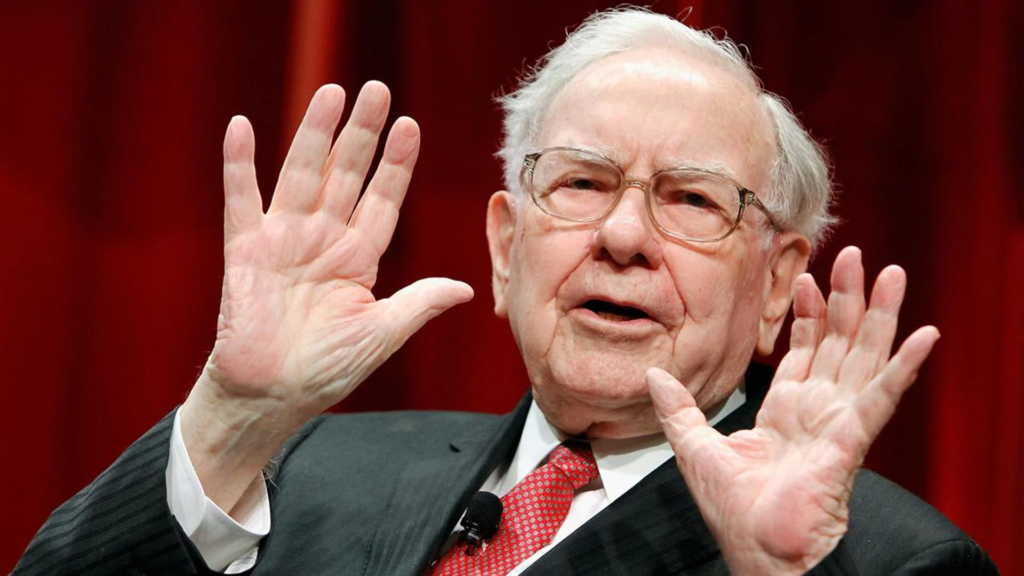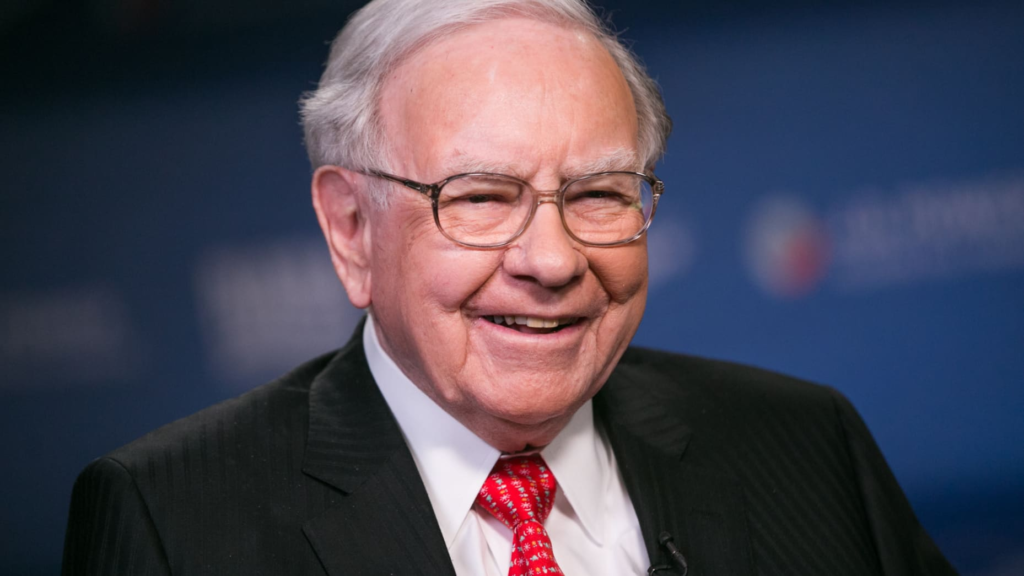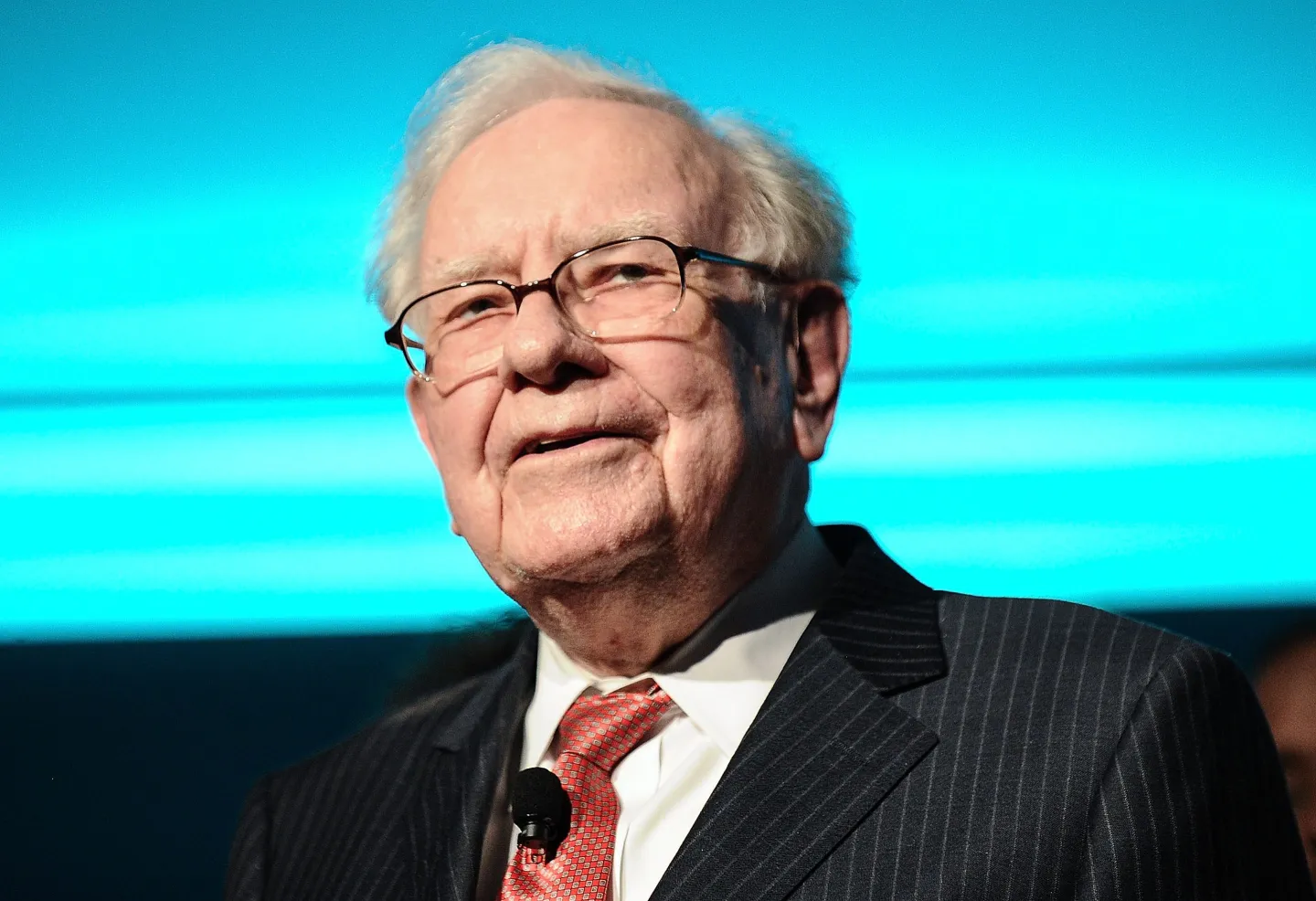Warren Buffett, the world-renowned investor, has long been a subject of fascination for financial enthusiasts, and his strategic moves in the stock market have inspired generations.
Recently, Helios Capital founder Samir Arora made a startling estimate, claiming that Buffett lost a whopping $60 billion by sitting on cash for two years and not investing it in the American stock markets.
The comment reignites discussions about Buffett’s investment strategy and the delicate balance between holding cash and seizing market opportunities.
Warren Buffett’s approach to investing has always been deliberate and calculated. Known for his value-investing principles, Buffett prefers long-term gains over short-term fluctuations, often staying on the sidelines during periods of market volatility. But this conservative stance has led to mixed opinions.
Read : Elon Musk Could Face 5 Years in Prison for Harris, Biden ‘Assassination’ Post
Some see his patience as a sign of deep understanding of market cycles, while others, like Samir Arora, view this restraint as missed opportunities. However, one must remember that Buffett’s focus has always been on intrinsic value and a solid foundation, and not on mere market speculation.
Warren Buffett’s Early Days in Investing
Warren Buffett started his journey into investing at the age of 25 in 1956, establishing his first investment partnership. By 1962, he dissolved all eleven partnerships and brought them into Buffett Partnership Ltd. (BPL), where the net assets totaled $7.2 million, making him a millionaire at an early age.
Buffett’s style of investing was heavily influenced by Benjamin Graham, the father of value investing, and the lessons he learned became the bedrock of his future strategies. His focus was simple: buy stocks as if you were buying a business, but only at a reasonable price.
Read : Warren Buffett Changes His Will: Gates Foundation Will Not Get Any Money
In 1964, Warren made a significant shift in his investing approach when he took a stake in American Express (Amex), marking a departure from his earlier tactics of seeking board representation or control in the companies he invested in.
This shift represented a more passive strategy, where he sought to identify businesses that were fundamentally sound but undervalued, allowing management to continue their operations while he held a stake in their success.
This hands-off strategy proved to be instrumental in his future successes, yet it is this same philosophy that has sparked criticism, as some believe Buffett’s reluctance to act in certain market conditions, such as the recent two-year period, has cost him.
The American Express Investment and Lessons Learned
Warren Buffett’s 1964 investment in American Express was a landmark moment in his career. Prior to this, his investments involved a more hands-on approach, such as with his stake in Dempster Mill Manufacturing Company.
In that case, Buffett pushed for better management to increase profitability, but after several failed attempts, he replaced the management and succeeded at a reputational cost.
His experience at Dempster likely contributed to his future decision to let management teams operate businesses without interference, as was the case with American Express.

Buffett’s decision to invest in American Express came after a fraud scandal involving its subsidiary, Allied Crude Vegetable Oil Refining (AEFW). In 1960, AEFW faced allegations of having fraudulently manipulated its soybean oil inventory by filling its storage tanks with water instead of oil.
This was a high-profile scandal that cast a shadow over American Express. However, Buffett saw beyond the short-term hit to the company’s stock price and identified American Express as a fundamentally strong business with a promising future.
Despite the controversy, Warren Buffett’s investment in American Express turned out to be incredibly lucrative, solidifying his reputation as a visionary investor who could see value where others saw only risk.
Buffett’s American Express investment was the beginning of a pattern that he followed for decades—finding companies with strong management and letting them do their job. In this case, the company survived the scandal, bounced back, and rewarded its investors handsomely, including Buffett.
Warren Buffett’s Cash Hoarding Strategy: A Double-Edged Sword
In more recent years, Buffett has been criticized for holding large amounts of cash and not deploying it quickly enough into the markets. Samir Arora’s claim that Warren Buffett lost $60 billion by sitting on cash for two years has sparked considerable debate.
While Buffett’s rationale for holding cash is to ensure liquidity in times of crisis or to take advantage of significant market downturns, some argue that this strategy has caused him to miss out on historic stock market gains.
The U.S. stock market has seen several record highs in recent years, particularly during the pandemic recovery period. Investors who entered the market at the right time saw their portfolios grow significantly.
However, Warren Buffett, by sitting on large sums of cash, failed to capitalize on these gains, leading to a perception that he may have missed the boat. The criticism from Samir Arora isn’t without merit, as markets have proven resilient, and companies like Apple, Amazon, and Tesla have skyrocketed in value.
However, it’s important to remember that Warren Buffett has always taken a long-term view of investing. His famous quote, “The stock market is designed to transfer money from the Active to the Patient,” emphasizes his belief that patience often pays off more than quick actions. In Buffett’s eyes, the long-term benefits of maintaining liquidity outweigh the short-term allure of rapid gains.
The Influence of Benjamin Graham and Value Investing
Warren Buffett’s entire investing philosophy revolves around value investing, which was passed down to him by his mentor, Benjamin Graham. According to this philosophy, stocks should be bought when they are undervalued and have strong fundamentals. This cautious approach to investing is what shaped Buffett’s style.
Instead of chasing after rapidly rising stocks, Warren Buffett focused on businesses that were priced reasonably and held the potential for long-term growth.

While this strategy has made Warren Buffett one of the richest men in the world, it has also led to periods of underperformance.
Warren Buffett’s reluctance to chase trends or dive into speculative investments can sometimes look like a missed opportunity. But Warren Buffett remains steadfast in his belief that value investing is a time-tested approach that avoids the speculative dangers of the stock market.
Warren Buffett’s conservative approach in recent years might have cost him billions in missed opportunities, as noted by Samir Arora, but it’s also worth noting that this same strategy has protected him from significant losses during downturns.
By sitting on cash, Warren Buffett ensures that he is in a strong position to weather financial storms and make significant acquisitions during market lows. This philosophy allowed Warren Buffett to make opportunistic purchases during the 2008 financial crisis, which ultimately rewarded him handsomely.
It is this delicate balance of patience and opportunity that has defined Warren Buffett’s career. Though Warren Buffett lost $60 billion by sitting on cash, as per Samir Arora’s estimates, his decision aligns with his long-term view of safeguarding capital and waiting for the right moment to invest.
Samir Arora’s estimation that Warren Buffett lost $60 billion by not investing in the stock market for two years has brought to light the complexities of Warren Buffett’s investing style.
Warren Buffett’s strategy, deeply rooted in value investing, has proven to be successful over the long term, but it also brings into question the cost of not seizing short-term opportunities. While Warren Buffett’s cash-hoarding approach might seem conservative to some, his long-term successes cannot be overlooked.
As always, Warren Buffett plays the long game, and while sitting on cash may seem like a loss in today’s fast-paced markets, Warren Buffett’s track record suggests that he knows when to act, and when to hold.
let’s enjoy few years on earth with peace and happiness….✍🏼🙏

